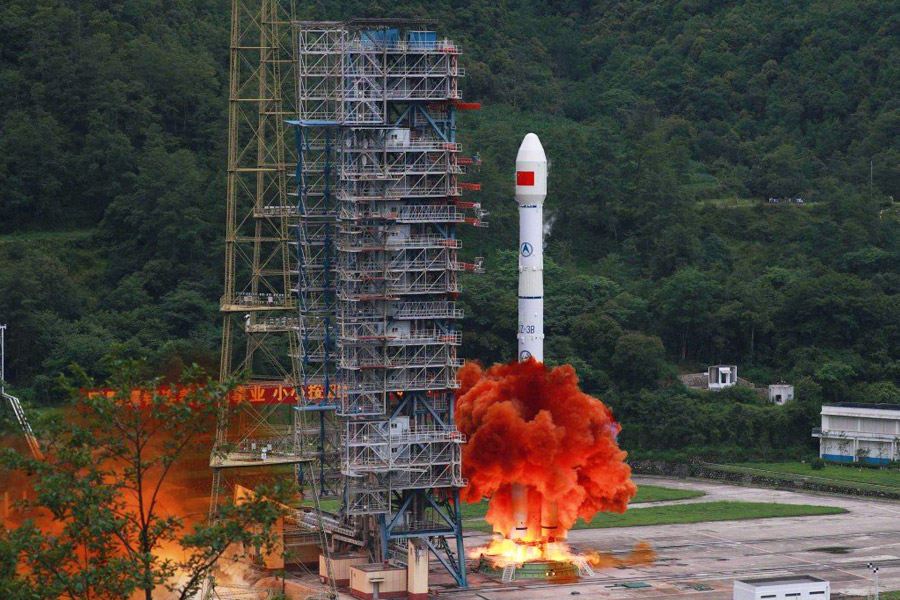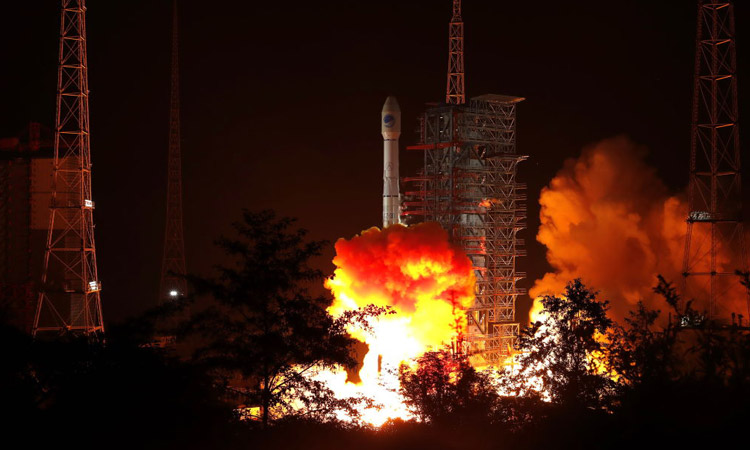Successful Beidou Navigation Satellite Launch in China
16th Mar 2020
With the launch of the Beidou satellite into orbit on Monday, China has added yet another satellite to its independent navigation fleet; another satellite launch in May will complete the constellation that will provide them with global reach.
According to the state-run Xinhua news agency, the Beidou navigation payload was launched at 11:55 GMT on Monday. The launch location was the Xichang space center, which is located in the Sichuan province.

The rocket that delivered the Beidou navigation satellite was the 56-meter (184-foot tall) Long March 3B rocket. It transported the navigation satellite into a geosynchronous transfer orbit. According to the Chinese government-owned media, the launch was a great success.
What Is The Beidou Navigation Satellite?
Since 2000, China has successfully launched approximately 54 Beidou satellites into space. However, the launch dates have got much closer to one another in the past few years. Initially, the first line of Beidou satellites were designed as test platforms or prototypes. However, the Chinese started a limited service over the Asia-Pacific region in 2012.
According to Chinese officials, the successful launch on Monday will be followed up by the launch of the BDS-3, the program’s third-gen satellite network.
Before this, the Chinese military forces were often dependent on the Global Positioning System of the US military for navigation. However, with the help of the Beidou network, their independent version of a GPS network will help Chinese civilian users and military to navigate with a home-grown system; this can prove to be quite useful in scenarios where the GPS signals are blocked.
Similar to Europe’s Galileo navigation constellation and Russia’s Glonass fleet, the Beidou system has been designed for international service.
Unlike other international navigation systems, the fully-functioning Beidou network includes six spacecraft orbiting in geosynchronous movements. Three of these crafts will remain static over the equator permanently while the other three in inclined orbits; the latter three will interchange places between north and south of the equator every 24 hours.
Built by the China Academy of Space Technology, the Beidou satellite is a part of the aerospace industry owned by the Chinese government.






Thank you for your comment! It will be visible on the site after moderation.